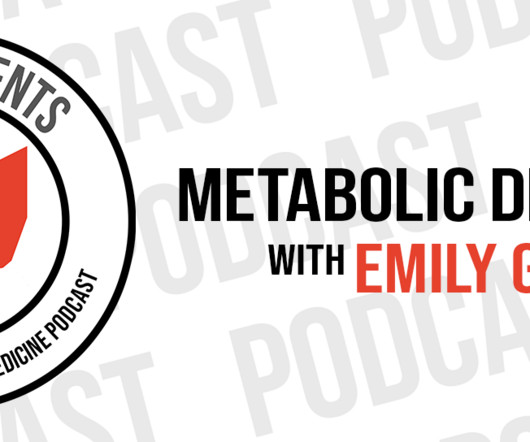Why are So Many Teens and 20-Somethings Today Anxiety-Ridden?
Doctor Rachel
MARCH 14, 2017
All artificial light has the result of reducing melatonin production at night and making sleep more difficult, but the light on computer and phone screens is a bluer light, and it has twice the suppressive effect on melatonin — severely impairing sleep in teens. The impact of less sleep? Well, increased stress hormones.













Let's personalize your content